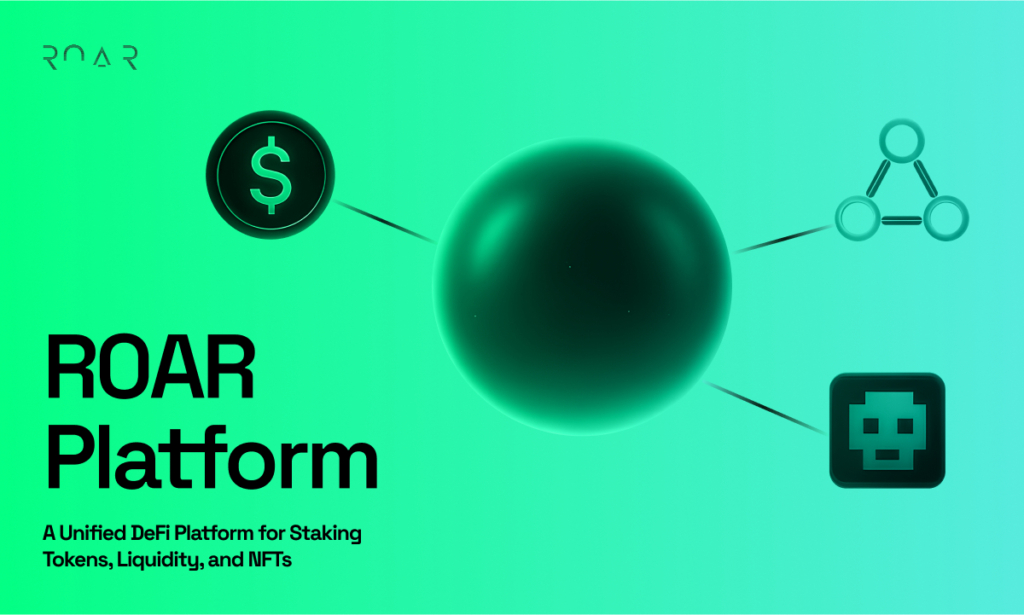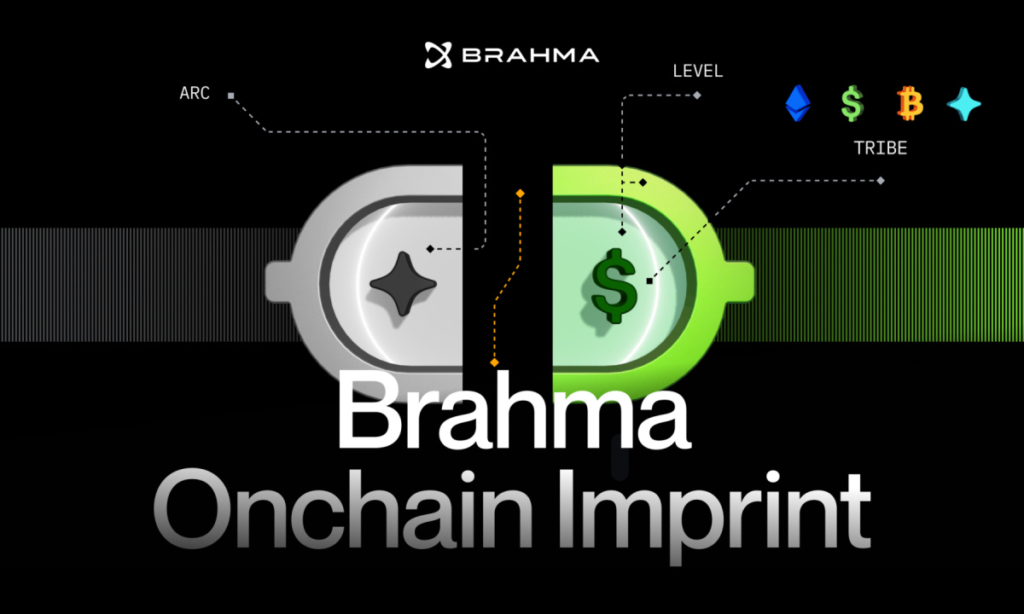The Federal Financial Supervisory Authority of Germany (BaFin) recently published an explanatory note addressing the legal classification of nonfungible tokens (NFTs).
The note revealed that BaFin is not prepared to categorize NFTs as securities, and instead suggests that NFTs should be classified on a case-by-case basis.
BaFin has stated that, at present, it doesn’t see how NFTs meet the criteria to be classified as securities. However, the regulatory authority has not ruled out the possibility that NFTs could be considered securities in the future. For instance, if 1,000 NFTs carry the same repayment and interest claims, they could be considered securities.
BaFin has also pointed out that if an NFT contains documentation of ownership or exploitation rights, such as a promise of distribution, it could be categorized as an investment.
While BaFin acknowledges that NFTs can be classified as “crypto assets,” the chances of this happening are slim, given their lack of immediate exchangeability. Furthermore, the lack of standardization exempts NFTs from “e-money” status.
Given the challenges of classification, BaFin doesn’t expect NFTs to comply with the licensing requirements of the Payment Services Supervision Act.
Moreover, NFTs, with the exception of fungibles, are not subject to BaFin’s Anti-Money Laundering supervision. However, NFTs that are considered “crypto assets” would need to comply with AML supervision.



